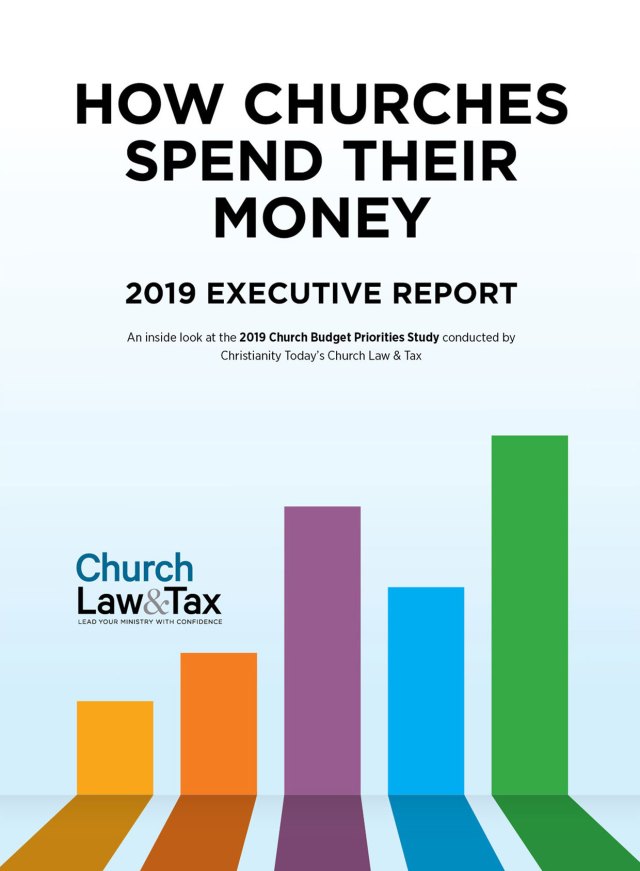Vonna Laue is an expert on church finances. She served 20 years with a CPA firm focused on churches and ministries and is a senior editorial advisor for Church Law & Tax. Here, she offers advice on navigating the complex world of copier leases and purchases.
What advice would you give to a church that needs a copier?
Plan ahead before there’s a crisis. That way, you’re not trying to act on something so that you can get the bulletins printed by Sunday. Decide what’s going to be your best course of action. Should you, for instance, lease or buy? If you decide to purchase, budgeting cash reserves for a future copier purchase is a good idea.
What if a church thinks leasing is the way to go?
If you’re considering a lease, walk through the calculations and understand what you’re paying for. Be sure to ask: If we just bought this outright, what is the cost? And then ask the follow-up question: If we lease, what’s the interest rate? I don’t think I’ve ever seen a copier lease that shows the interest rate. They just don’t do that. I think if they did, fewer people might enter into those leases. So, you need to push the company to give you an interest rate—and get it in writing.
What about hidden costs?
Yes, find out exactly what you’re getting into. View a copier lease as similar to a car lease—where you have a limit to the miles that you put on the car. For instance, a lot of leases will limit the number of copies. You don’t want to end up with a big charge on a monthly basis or when you turn [the machine] in, because you surpassed the number of copies allowed. Also, what is the maintenance agreement going to be? Will that be an additional charge?
Look at the big picture: what’s the final cost? When it’s all said and done, how much will you end up paying? Is this a good financial decision based on all financial factors and considerations?
Companies try to bill churches for the property taxes owed on leased copiers. Given that churches are exempt from taxes, can companies do this?
I have not seen churches successfully negotiate their way out of the property taxes. That is because the company is required to pay property tax on the copier and therefore it passes the tax on to the church rather than absorb the cost itself.
This sounds like a complicated process. Would it be a good idea for an attorney to help negotiate or review a copier lease?
I haven’t seen many people do that with copiers. If you’ll have to pay an attorney $400 to $500 per hour to look at a lease, and you’re going to spend $200 per month on the copier, it may not make sense financially for you to do that.
Even so, there are different aspects of those contracts that can be negotiated. If you take a contract at face value and accept it, you probably won’t get the best deal.
It could be helpful to have somebody knowledgeable look at it to make sure you won’t have any surprises. You could even have an accountant run the numbers for you, if the leasing company isn’t being forthright about the interest rate, and you don’t have somebody on staff who is able to do the calculations.
Certainly, if you have somebody in the church who is knowledgeable about copiers and contracts, get their help.
Content Editor Matthew Branaugh contributed to this report.
For more insights from Laue and other financial experts, see “Let the Buyer (and Leaser) Beware.”





